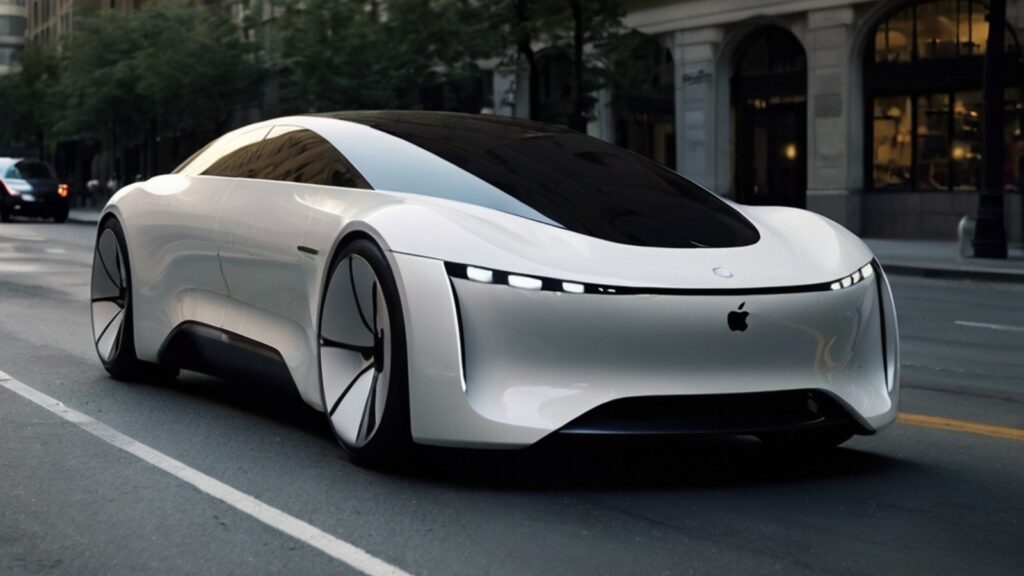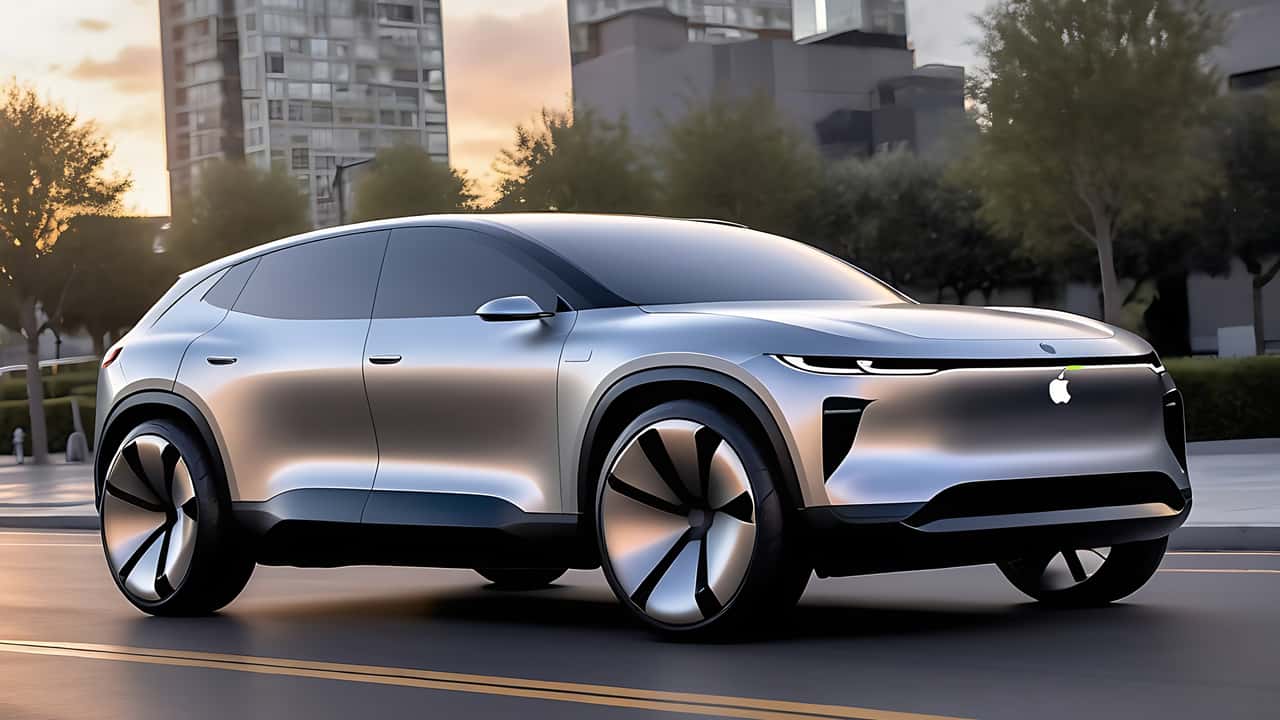In 2014, whispers of a clandestine project within Apple sparked a frenzy of speculation. "Project Titan," as it was later known, became a symbol of the tech giant's potential entry into the electric and autonomous vehicle (EV/AV) industry. This prospect sent shivers down the spines of established carmakers, with many viewing Apple's potential entry as a seismic shift in the automotive landscape. However, in a sudden turn of events, Apple announced the cancellation of Project Titan in February 2024, leaving a trail of unanswered questions and casting a shadow on the future of the EV/AV industry.
A Decade of Shifting Goals and Unfulfilled Promises
Project Titan's journey was marked by constant shifts in direction and unfulfilled promises. Initially aiming for a fully autonomous vehicle with a 2019 launch date, the project's focus morphed over time. There were talks of partnerships with established automakers like BMW, Volkswagen, and Hyundai, all of which ultimately fell through. Apple's leadership struggles also hampered progress, with key figures like project lead Steve Zadesky departing in 2016. Despite these challenges, Apple managed to build a small fleet of self-driving test vehicles and even hired talent through acquisitions like Drive.ai, a self-driving startup.
A Glimpse into the Murky Depths of the EV/AV Industry
Apple's retreat from the EV/AV space serves as a stark reminder of the complex and challenging nature of this industry. While the potential for a revolutionized transportation landscape is undeniable, several significant hurdles remain.
1. Affordability: A Key Hurdle on the Road to Mass Adoption
One of the most pressing roadblocks is affordability. Consumers remain hesitant to adopt EVs due to their higher price points compared to their gasoline counterparts. Companies like Rivian and Lucid, which focused on luxury EVs, have faced difficulties finding a sustainable customer base, highlighting the challenge of making EVs accessible to a wider audience.
2. Technological Hurdles: The Road to Autonomy Seems Longer Than Expected
The complexities of creating fully autonomous vehicles have proven far greater than initially anticipated. While some companies have made significant strides, the technology still faces limitations. Accidents involving self-driving cars in California highlight the need for further development and stricter regulations before autonomous vehicles can be widely deployed.
3. Regulatory Landscape: A Maze of Uncertainty
The regulatory landscape surrounding autonomous vehicles remains unclear in many regions, adding another layer of complexity. Companies need to navigate a web of permits, safety standards, and liability concerns, further slowing down the progress of self-driving technology.

What Lies Ahead: Analyzing the Fallout and Glimmering Hope
While Apple's departure casts a shadow on the immediate future of the EV/AV industry, it doesn't necessarily signify the end of innovation in this space. Analysts believe that Apple's strengths might lie in developing self-driving software rather than building entire vehicles. The company's progress in autonomous software development, as evidenced by their test fleet performance, could be a positive sign for the software side of the industry.
Beyond Apple: A Look at the Industry's Future
Despite the challenges, the EV/AV industry still holds immense potential. Established players like Tesla and incumbent carmakers like Ford and General Motors are making significant strides in developing and launching new electric and partially autonomous vehicles. Additionally, advancements in battery technology and charging infrastructure are gradually paving the way for wider EV adoption.
A Crossroads for Transportation
The cancellation of Project Titan serves as a poignant reminder of the challenges facing the EV/AV industry. While the industry possesses the potential to revolutionize transportation, significant work needs to be done in terms of affordability, technology, and consumer adoption. Collaboration between established players, tech giants, and regulators will be crucial to overcome these challenges and pave the way for a future where electric and autonomous vehicles become a mainstream reality.
source: The Verge




